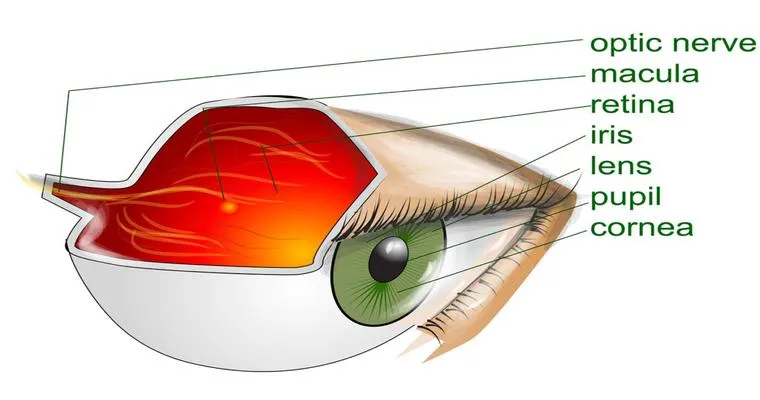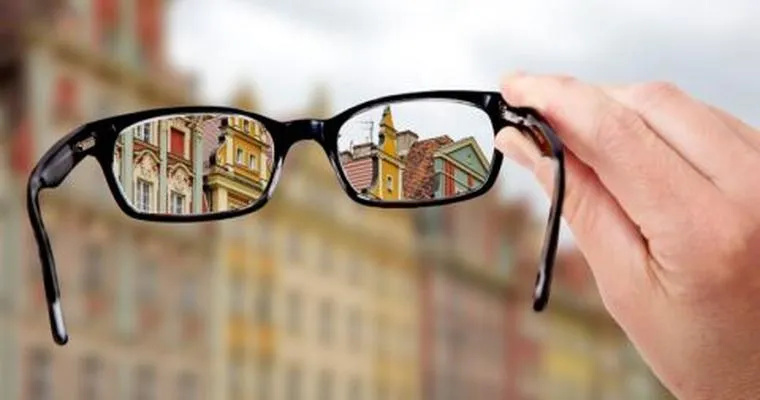Dementia is a complex condition that affects memory, thinking, and behavior. One common question that arises is whether "dementia" can lead to a decline in "eye sight". While dementia itself does not directly cause vision loss, it can have indirect effects on a person’s visual capabilities. Understanding the relationship between dementia and eye sight is crucial for caregivers and loved ones to provide the best support for individuals experiencing this condition.
Dementia primarily impacts cognitive functions, leading to confusion, memory loss, and changes in personality. However, these cognitive changes can affect how individuals perceive and interact with their environment, which may create the impression of vision problems. For instance, a person with dementia may misinterpret visual information due to impaired judgment or difficulty processing what they see. This can result in challenges such as recognizing familiar faces or navigating spaces, which can be mistaken for "vision loss".
Moreover, many individuals with dementia also suffer from other age-related conditions that can affect "eye sight", such as cataracts, glaucoma, or age-related macular degeneration. These conditions can occur independently of dementia but may exacerbate the difficulties experienced by individuals as they contend with both cognitive and visual decline. Therefore, it is essential for caregivers to monitor and address any changes in vision, as these can significantly impact the person’s overall quality of life.
Additionally, some forms of dementia, such as "Alzheimer’s disease", can lead to changes in the brain that may affect the visual processing areas. This can result in difficulties with depth perception, color recognition, and visual-spatial awareness. As a result, individuals may struggle to locate objects or navigate their surroundings, further complicating their daily living experiences.
It is also important to note that certain behaviors associated with dementia can make it seem as though a person is experiencing vision loss. For instance, individuals may appear to have difficulty reading due to cognitive decline rather than an actual deterioration of their sight. This confusion can lead to frustration for both the individual and their caregivers.
To ensure the best care for those with dementia, regular eye examinations are crucial. These check-ups can help identify any underlying "eye conditions" that may require treatment and can provide valuable information about the person's overall health. Caregivers should also encourage individuals to engage in activities that promote visual stimulation, such as puzzles or art, which can help maintain cognitive function and visual skills.
In conclusion, while "dementia" itself does not directly take away "eye sight", the condition can have significant effects on how individuals perceive and interact with the world around them. By understanding the nuances of dementia and its potential impact on vision, caregivers can better support their loved ones, ensuring they receive appropriate care and maintaining their quality of life. Regular eye check-ups and proactive engagement in visual activities are essential steps in addressing any vision-related concerns in individuals with dementia.





